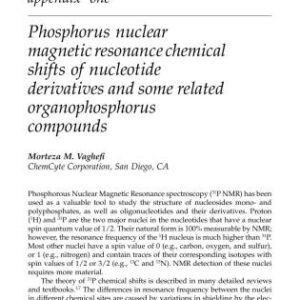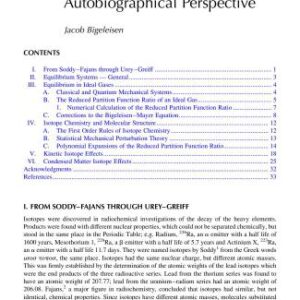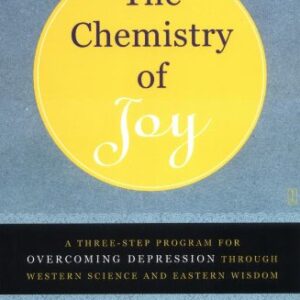Eukaryotic cells contain a plurality of organelles distinguished by their specific membranes and contents. Their biogenesis occurs by growth and division of preexisting structures rather than de novo. Mitochondria and chloroplasts, which appear to be descended from prokaryotic ancestors, have retained some DNA and the biosynthetic capability for its expression. They synthesize, however, only a few of their proteins themselves. Most of their proteins are synthesized on free ribosomes in the cytoplasm and are only assembled in the correct membrane after synthesis is complete. The biogenesis of peroxisomes and glyoxysomes also appears to occur by an incorporation of proteins synthesized first in the cytoplasm. Other organelles, the Golgi complex, lysosomes, secretory vesicles, and the plasma membrane, are formed in a different manner. Their proteins are assembled in the membrane of the endoplasmic reticulum during trans? lation by bound ribosomes and they must then be transported to the correct membrane. The 1980 Mosbach Colloquium was one of the first attempts to discuss the biogenesis of the various organelles in biochemical terms. This was appropriate since the crucial problems now center on the search for signals and receptors that dictate the site of assembly, the route taken, and the final location of a particular organelle protein. The assembly of prokaryotic membranes and the membrane of an animal virus were also discussed, since these simpler systems might shed light on the biogenesis of organelles in eukaryotes.
Chemistry
[PDF] Biological Chemistry of Organelle Formation A. Tzagoloff, F. G. Nobrega (auth.), Professor Dr. Dr. Th. B?cher, Priv. Doz. Dr. W. Sebald, Priv. Doz. Dr. H. Weiss (eds.)
$19.99

![[PDF] Biological Chemistry of Organelle Formation A. Tzagoloff, F. G. Nobrega (auth.), Professor Dr. Dr. Th. B?cher, Priv. Doz. Dr. W. Sebald, Priv. Doz. Dr. H. Weiss (eds.)](https://pdfelite.com/wp-content/uploads/2024/04/c9acca0ec7e24f830c4a3d415b034125-d.jpg)




Reviews
There are no reviews yet.